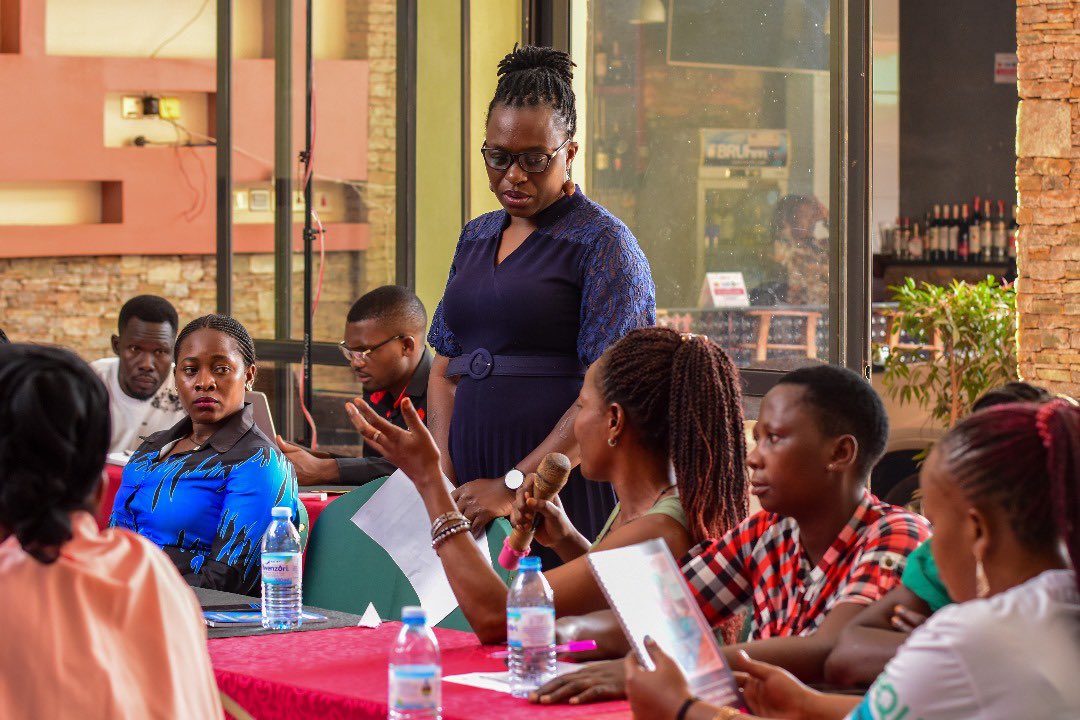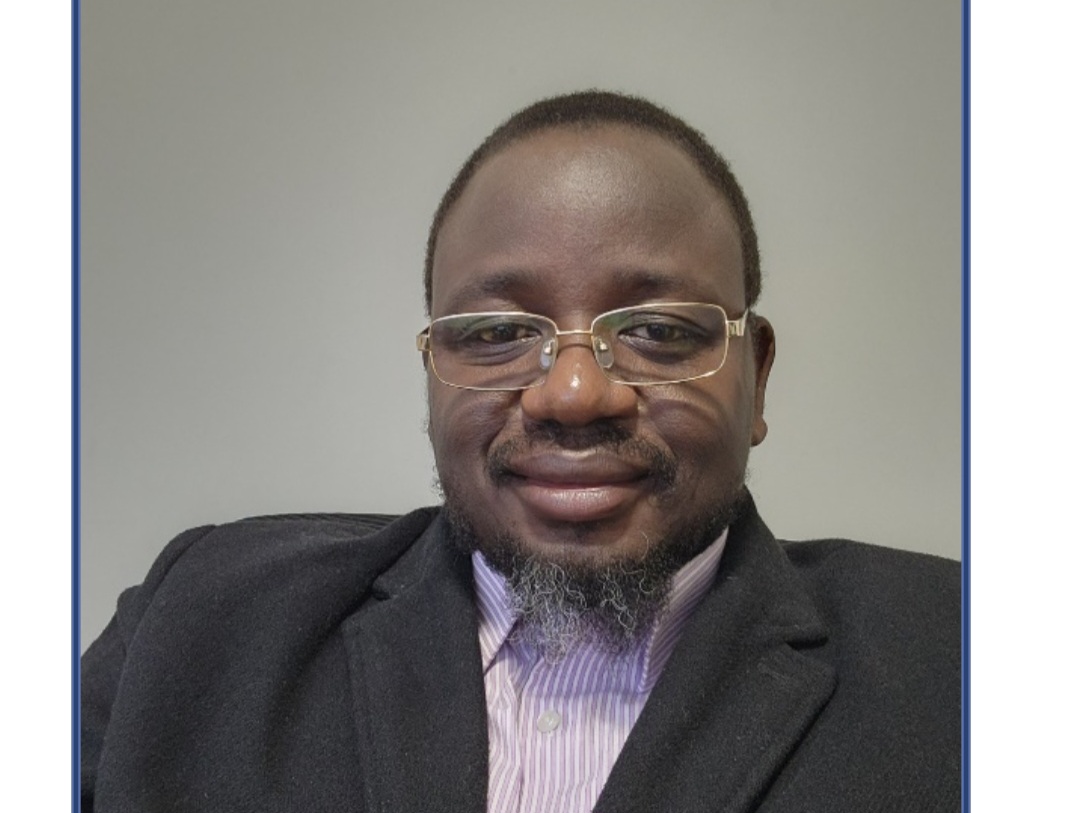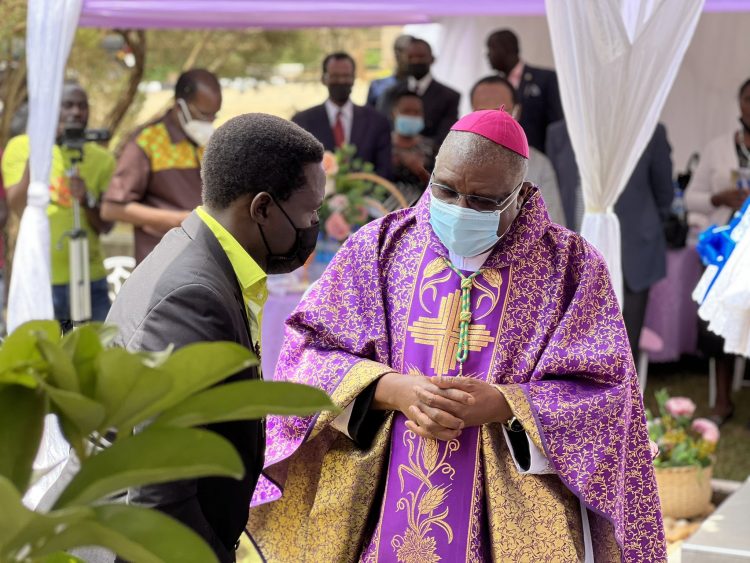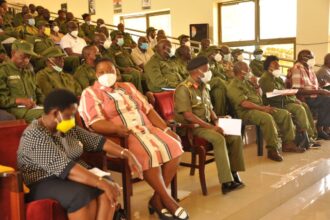In a society where reproductive rights are tightly bound by cultural norms, religious beliefs, and strict laws, Female Sex Workers (FSW) live at the intersection of stigma and vulnerability.
For many, access to contraceptives and safe abortion services isn’t just about choice it’s about survival. Yet, these essential services are often out of reach, driving many into dangerous situations. As debates rage over morality and legality, the lives and health of countless women remain on the line, making the call for reproductive health rights more urgent than ever.
Legal Contradictions and the Struggle for Reproductive Rights:
As Alliance for Women Advocate for Change commemorated the International Day to End Violence Against Sex Workers on Wednesday, the spotlight falls on the harsh realities of restrictive laws and policies that deny marginalized women, particularly sex workers, access to essential reproductive health services. These laws not only hinder access to life-saving care but also contribute to unsafe practices that endanger women’s lives.
Michael Ssemakula, a representative from the Alliance of Women Advocating for Change (AWAC), argues that Uganda’s current legal and policy framework surrounding reproductive health is a significant barrier to improving public health outcomes for vulnerable populations.
“Today, we recognize the struggles of sex workers globally, but especially here in Uganda, where laws, policies, and societal attitudes make it difficult for them to access services like contraception and abortion,” Ssemakula says. “The consequences are severe unsafe abortions contribute to a high maternal mortality rate in the country, with approximately 228 women out of every 100,000 dying from maternal complications, many of which stem from unsafe abortions.”
Currently, the contradictions in Uganda’s laws only exacerbate the problem. The Constitution provides for certain exceptions allowing abortion, such as when a woman’s life is at risk or in cases of fatal fetal abnormalities, but these provisions are vague and inconsistent with the existing policies on reproductive health services.
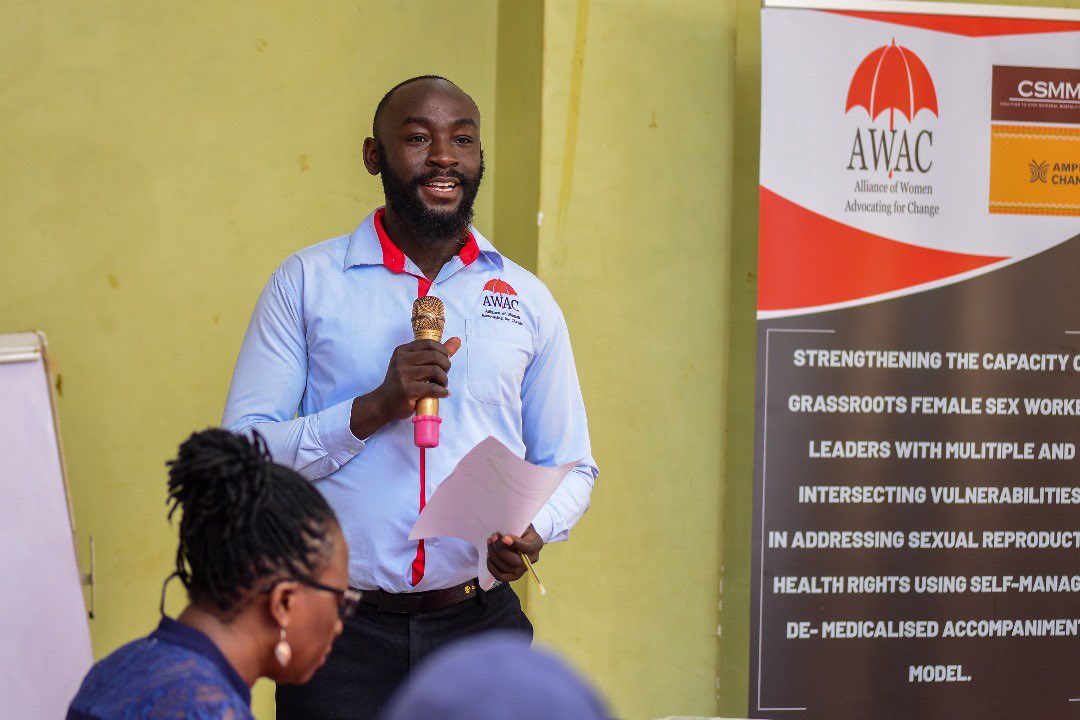
According to Ssemakula, “We have legal contradictions where the Constitution prohibits abortion outright, but policy guidelines outline circumstances where it may be permitted, such as when the life of a woman is in danger or there are severe fetal abnormalities. This confusion creates a legal grey area that puts healthcare providers in a difficult position.”
This lack of clarity prevents many women, particularly sex workers, from accessing the care they need. Healthcare providers often find themselves uncertain about when it is legal to offer abortion services, leaving many sex workers unable to seek the help they need for fear of legal repercussions. “The law should provide clear, unambiguous guidelines so that women, especially marginalized ones like FSW, can safely access these services without fear of punishment,” Ssemakula stresses.
Immaculate Bazare Owomugisha is a Uganda Health, HIV, Gender, and Human Rights Attorney, Uganda’s legal framework on Sexual and Reproductive Health and Rights (SRHR) presents contradictions that significantly hinder women’s access to reproductive health services.
“The country has progressive policy guidelines, such as the National Sexual and Reproductive Health and Rights Policy, which recognize the importance of comprehensive SRHR services. However, these policies are undermined by restrictive laws like those criminalizing abortion under the Penal Code Act, except in life-threatening circumstances, and the ambiguous implementation of the Maputo Protocol. This duality creates an alarming effect, deterring healthcare providers from offering critical services for fear of legal repercussions,” she said.
She added; It is important therefore that we harmonise laws and policies by amending the Penal Code Act that criminalizes abortion and aligns it with an international and regional framework such as the Maputo Protocol. We need as a country to acknowledge that abortion happens and reports tell us that 1 of 3 women die due to abortion as such we need to remove the stay on the 2016 SRHR policy that gives detailed guidance on Safe abortion and importantly, it provides for safe abortion in case of rape, defilement, and incest. Courts should build on the existing jurisprudence such as cases on maternal health to give a clear interpretation of the right to health.”
Cultural Barriers and the Need for Public Health Advocacy :
Beyond the legal contradictions, cultural and religious attitudes present significant barriers to reproductive health access. In many communities, contraception and abortion are seen as taboo subjects, and discussions around sexual and reproductive health are often stigmatized. These cultural norms make it even harder for sex workers to access necessary services, as they face not only legal restrictions but also societal judgment and exclusion.
Ssemakula emphasizes the role of public health education in breaking down these cultural barriers. “Cultural and religious beliefs around contraception and abortion often prevent women from seeking the help they need. Public health campaigns are essential in changing attitudes and creating an environment where women can make informed decisions about their health,” he explains. “Without these efforts, we are left with a situation where unsafe abortions continue to increase, contributing to maternal deaths and a cycle of poverty and exclusion.”
The stigma surrounding contraception is particularly harmful. In some communities, the use of birth control is viewed negatively, with some even labelling it as immoral. This stigma can drive women to seek unsafe methods to terminate pregnancies, rather than accessing safe and legal abortion services. “When contraception is not readily available, women, especially those who are marginalized, are forced into unsafe practices, such as self-induced abortions,” Ssemakula points out. “This not only puts their lives at risk but also undermines the country’s efforts to reduce maternal mortality.”
Ssemakula’s call is clear: “We need to realign Uganda’s reproductive health policies with the Constitution. We need a legal framework that allows abortion in specific cases like when a woman’s life is in danger or when fetal abnormalities are present. This should be in line with both the Constitution and the policy guidelines, ensuring that women have access to the reproductive health services they deserve.”
Solister Bazare Owomugisha also noted that cultural beliefs and stigma rooted in traditional and religious norms significantly restrict access to SRHR services, especially for marginalized groups such as sex workers.
“These beliefs often frame abortion and contraception as immoral or unnatural, leading to social ostracization and poor service delivery. Marginalized groups face heightened discrimination, exacerbating their vulnerability and limiting their ability to exercise their reproductive rights. We therefore need to address such beliefs by intensifying community-led approaches – sensitizing cultural leaders and other community opinion leaders. We need to incorporate sexuality education in the community to address myths and misconceptions about abortion.”
Bongole Fred, an expert planner from Kyotera District, highlights these challenges: “Our cultures think that when someone takes family planning, it will reduce the fertility rate of women. They also believe that abortion leads to the loss of life. These misconceptions, coupled with the high cost of SRHR services, make it difficult for local people to access the care they need.”
Fred also underscores the impact of stigma: “Family honour is another challenge. In our communities, families take pride in daughters marrying before giving birth. If a woman has an abortion while living at home, it is considered a crime that degrades the family’s dignity. The stigma surrounding abortion deters others from seeking these services.”
Abdul Jamal Uthman, Executive Director of Quark Drive Empowerment Center, agrees that misinformation is a major obstacle:
“Religious and cultural stereotypes frame pro-choice services as immoral. Some believe we are against God’s will, even in cases of rape or when a woman’s life is in danger. These beliefs make it harder to promote access to reproductive health services.”
Despite these challenges, communities are stepping up to address these issues. Uthman adds: “We are raising awareness within our communities by combating misinformation and engaging stakeholders and duty bearers. Advocacy and education are critical in creating networks that support pro-choice interventions.”
The Path Forward: Policy Reform and Public Support:
The lack of alignment between Uganda’s laws and policies regarding reproductive health has created a situation where sex workers and other marginalised women are left in limbo, unable to access essential services. However, advocates like Ssemakula believe that change is possible if the government takes action to align its policies with the needs of women.
“We are calling on the government to align the national policy guidelines on SRHR with the Constitution,” Ssemakula states. “This would provide clear and legally supported guidelines on when abortion is permissible, such as in cases of fatal abnormalities or when the life of the mother is in danger. By doing so, the government would create a framework that supports women’s health and the rights of healthcare providers to offer safe services.”
Grassroots organisations are playing a crucial role in breaking down barriers and improving access to SRHR services. Cindy, the Executive Director of Giwagi Uganda, explains their work at the Katosi landing site:
“Our primary role in the community is creating awareness among sex workers and key populations. We emphasize the importance of safe abortion care and using medical methods to reduce risks. This awareness helps save lives and demonstrates to the government that we are making positive strides.”
Cindy further highlights the importance of outreach:
“We conduct outreach programs that provide self-testing kits for pregnancy and refer women to health facilities. This helps them seek timely medical assistance instead of resorting to unsafe methods.”
As Uganda grapples with these complex legal and cultural challenges, the future of reproductive health rights for sex workers hangs in the balance. Policymakers, healthcare providers, and the public must come together to ensure that all women, regardless of their profession or status, have access to the reproductive health services they need to survive and thrive.
Only through legal clarity, cultural change, and public health advocacy can Uganda hope to reduce maternal mortality and ensure that sex workers are not left behind in the fight for reproductive rights.
Do you have a story in your community or an opinion to share with us: Email us at Submit an Article



